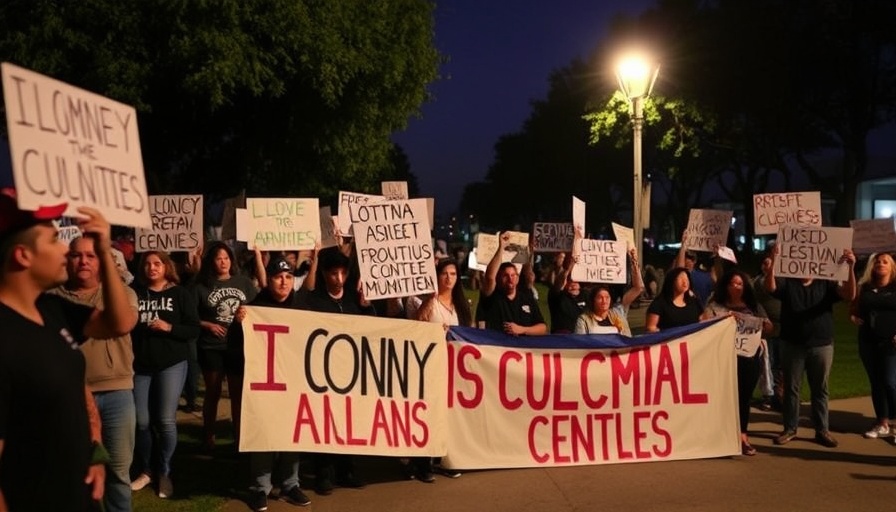
The Frustration of a Generation: Unpacking a Culture of Discontent
In today's world, the frustration felt by many could be examined as a sociopolitical phenomenon. While frustration is universal, there seems to be a notable trend where the discourse disproportionately represents the voices of wealthy, white men. Their anger often finds a platform in media and politics, particularly in a reality shaped by figures like Greg Abbott and Donald Trump. This peculiar brand of anger often stems from the pressure to uphold expressed ideals while simultaneously evading meaningful change.
Historical Context: Understanding the Welfare State
The term 'welfare state' has become a focal point in political debates, largely serving to distract from the actual issues at hand. Historically, welfare programs were established under the New Deal and expanded through Johnson's Great Society to protect citizens in need. However, it is ironic that the very demographic benefiting from the system often positions it as a threat, redirecting conversation away from issues that genuinely warrant concern like social equity and health access.
The Role of Media in Shaping Perspectives
Media influencers have a responsibility to represent diverse voices in their narratives. Sadly, conservative outlets often amplify the discontent of white men while sidelining narratives from marginalized communities. This imbalance not only perpetuates stereotypes but also widens the divide by failing to acknowledge the systemic issues that affect a larger portion of the populace.
Actionable Insights: What Can We Do?
Engagement in conversations about welfare, representation, and social policies is essential. For homeowners in Dallas Fort Worth, it becomes increasingly crucial to stay informed and participate in discussions that directly impact community standards. Sharing resources and advocating equality can transform frustration into action.
Connecting the Dots
Understanding the current cultural landscape and historical context allows us to critically assess our own roles in the community. By grasping that current debates are not just about welfare but about recognition and representation, we are better equipped to advocate for policies that reflect a holistic view of society's needs.
In conclusion, embracing conversations around representation and social welfare not only aids in promoting understanding but also aligns us towards a more equitable society. Let's move past frustration and work collectively for meaningful change.
 Add Row
Add Row  Add
Add 




Write A Comment